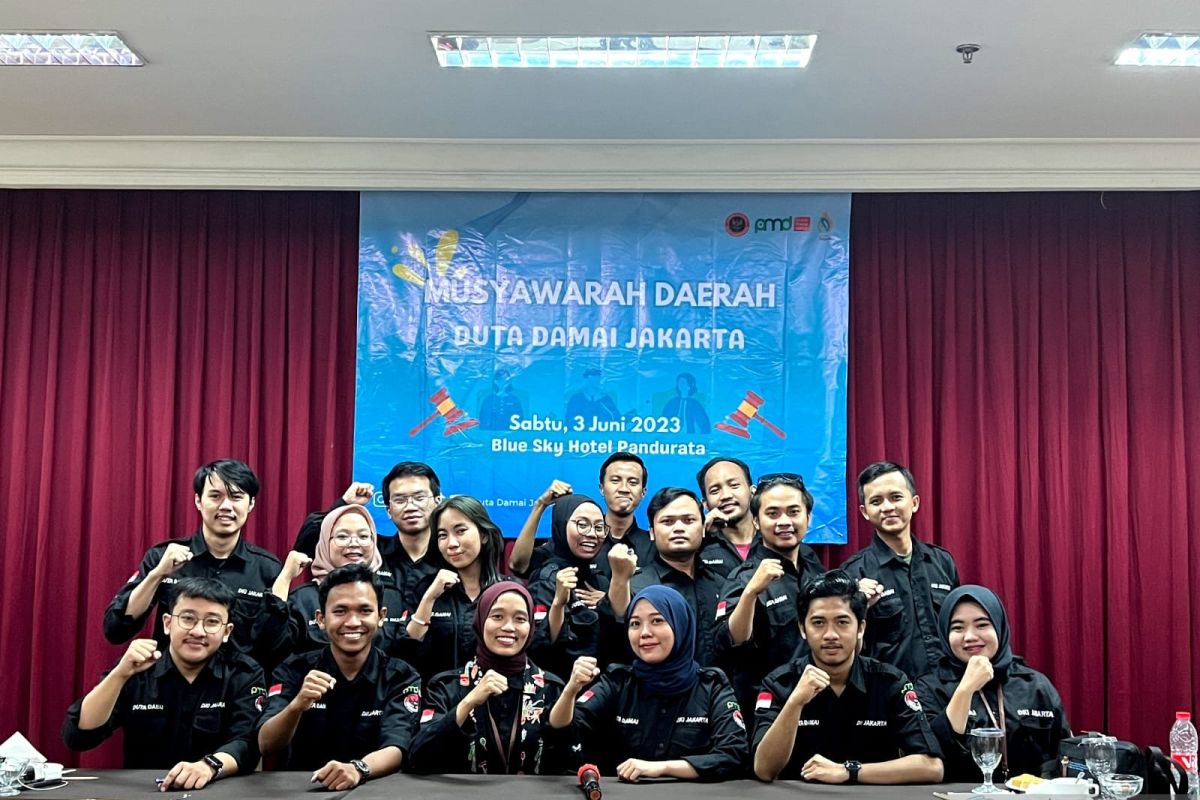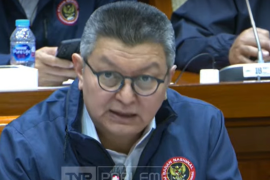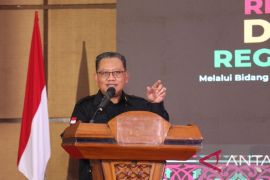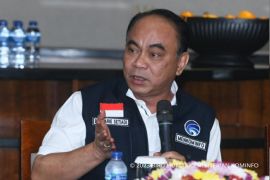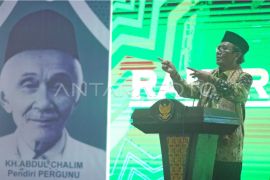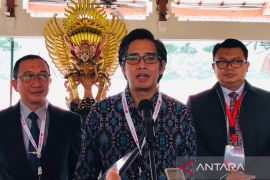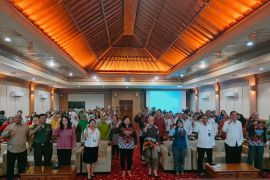Radical and terror groups can deliberately divide the nation to create chaos in society.
They can utilize the campaign period to spread hate narratives and hoaxes in cyberspace, which could threaten the success of the election.
Therefore, efforts need to be made by all parties, including the government, society, and media to prevent radicalism and terrorism ahead of the election.
In the current era of digitalization, people are never far from their phones. Information, both positive and negative, can be obtained easily. Content seen in cyberspace can, of course, influence people's daily lives and behaviors.
Usually, young people or teenagers looking to carve an identity can get a lot of information from social media easily to build their own brand.
Of course, there is nothing wrong if this information is positive. But what happens if the information they consume every day is negative or radical?
Radicalism is an ideology followed by people or groups seeking to bring a drastic change in the social and political order through violence.
Can you imagine what would happen if the younger generation were continuously exposed to radicalism on social media? Of course, that would be very dangerous for their development and the people around them.
In general, according to the National Counter-Terrorism Agency (BNPT), the quality of radical content has increased, but the volume has decreased
Nowadays, advocates of radicalism have three targets — children, teenagers, and women.
"Passionately we can say that the quality was increasing and the quantity was decreasing," said BNPT Director for Prevention Irfan Idris.
According to terrorism observer Al Chaidar, most teenagers can easily get influenced by radicalism embedded with religious values. That's because they are still too young and their knowledge about religion is still very limited, so they experience acute spiritual deficiencies.
“Once they find someone who gives religious knowledge, eventually they follow the direction of it. Moreover, they see the reality that must be faced and resist by using religious discourses," Al Chaidar told ANTARA.
Ordinary people can easily detect the signs a teenager has been exposed to radicalism. For example, radical leanings can be gauged from the tendency of thinking, by the references they use, especially interpretations of the verses of Al Quran or the words of the Prophet, which have been interspersed with wrong information.
Ambassadors for Peace
To prevent people's exposure to radicalism, BNPT is collaborating with related institutions to disseminate information and engaging partners such as Cyber Peace Ambassadors.
Cyber Peace Ambassadors play an active role in spreading the message of peace on websites and posting interesting content on social media. On online media, they focus on sharing information on TikTok and Instagram.
Cyber Peace Ambassadors consist of young people who have an interest and desire to help stop the spread of negative content containing hate speech, hostility, and violence in cyberspace.
The ambassadors are present in 18 provinces and there are two Santri Peace Ambassadors who are placed in Islamic boarding schools in East Java and Central Java.
Their informational content is laced with humor and follows the prevailing trends. The use of fun and interesting content allows the underlying message to stick in the minds of the younger generation.
Meanwhile, for offline activities, they often provide education on preventing radical terrorism to organizations or student communities.
They also collaborate with governments and regional agencies.
There are three reliable offline programs that are being carried out by the Peace Ambassadors. The first is the Peace Walk, during which participants visit a place, either a place of worship or a tourist spot, and learn about its historical value.
The second is the Assisted Village program, under which children from an area in Jakarta are taught to apply the concept of peace.
The third is Goes to School, under which seminars on preventing radical terrorism are held in schools. The language used is easy and the target audience is students.
BNPT has consistently synergized with state institutions that can play an active role in eradicating radicalism, such as the Ministry of Communication and Information, the Ministry of Education, Culture, Research, and Technology, as well as the Ministry of Law and Human Rights.
For example, its cooperation with the Ministry of Communication and Information has involved blocking hundreds of thousands of content containing radicalism, violence, and hate speech.
Furthermore, BNPT also has its own way of preventing the spread of radicalism by preparing national preparedness, counter-radicalization, and de-radicalization methods.
These methods are also a strategy to neutralize ideas that are considered radical and dangerous using a non-violent approach.
Preparedness usually involves community leaders, while counter-radicalization is carried out by increasing counter-propaganda and counter-ideology.
Meanwhile, de-radicalization targets former terrorists and terror prisoners lodged in prisons. They are fostered through religion, nationality, and entrepreneurship.
Given today's sophisticated technology, young people have an important role in helping the nation overcome the problem of radicalism.
These young people can join BNPT partners such as Cyber Peace Ambassadors.
The simplest way that the younger generation can do this is by sharing positive content that does not contain violence, hate speech, or radical ideas.
Related news: Ministry ready to tackle hoaxes, radicalism ahead of 2024 elections
Related news: Kominfo to take strict actions to maintain peace during 2024 election
Related news: Deputy Minister asks academics to help realize peaceful elections
Translator: Asri Mayang Sari
Editor: Sri Haryati
Copyright © ANTARA 2023
